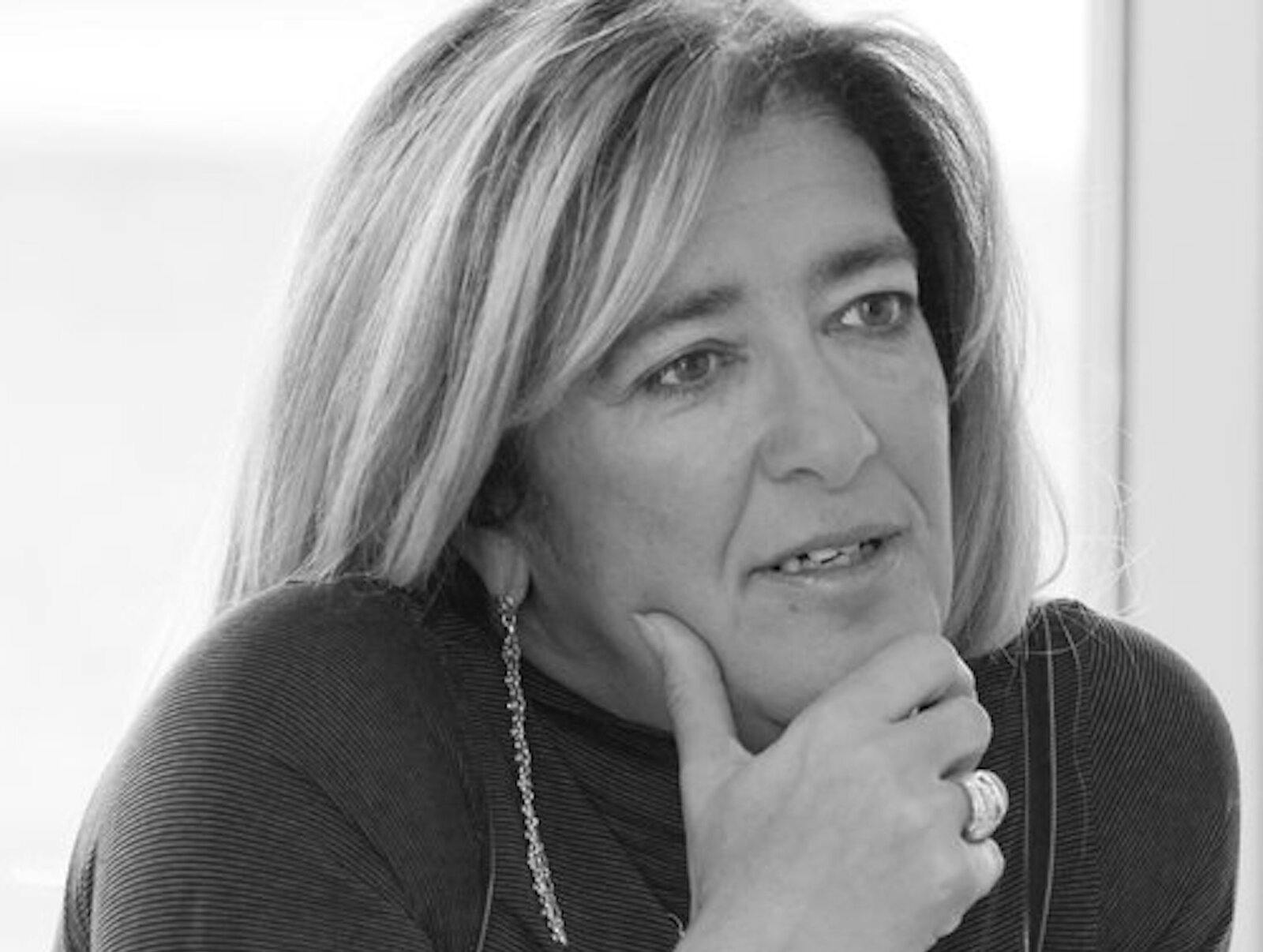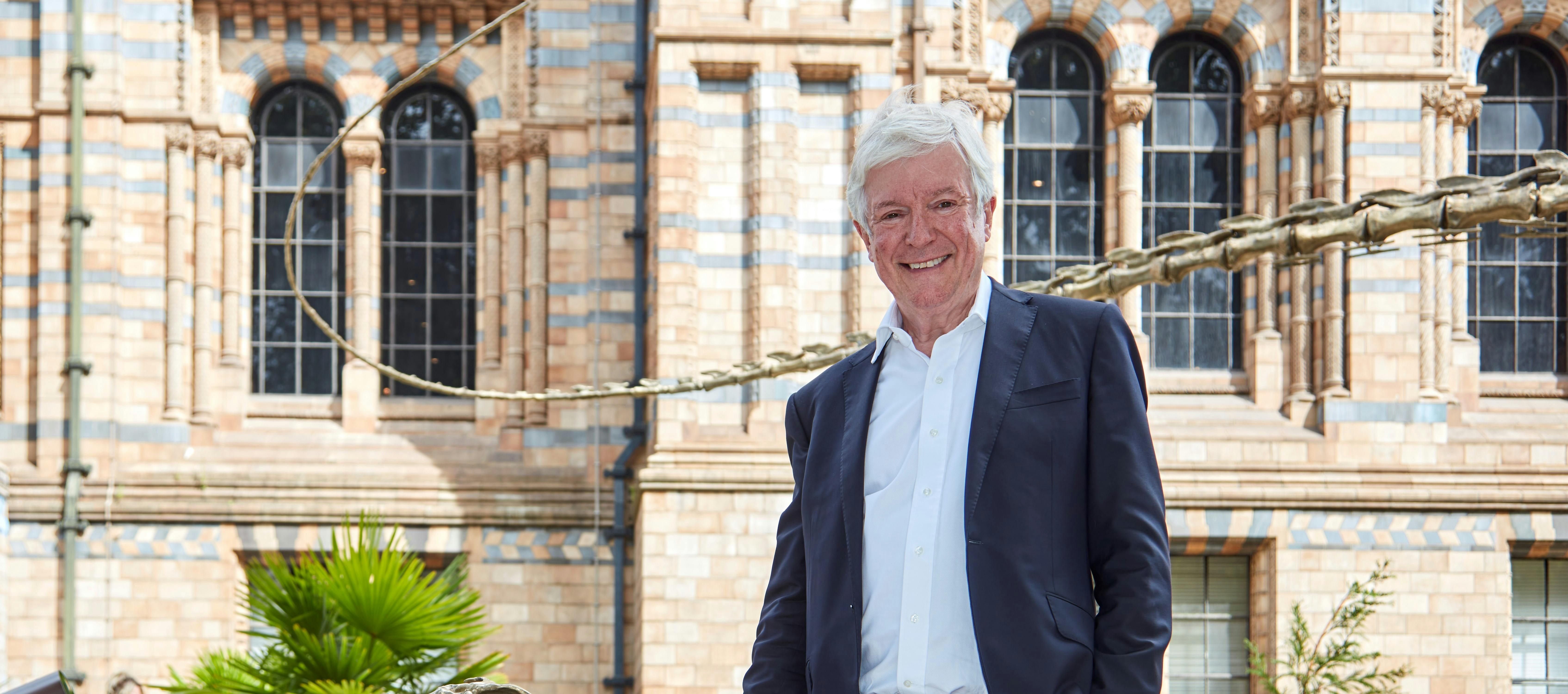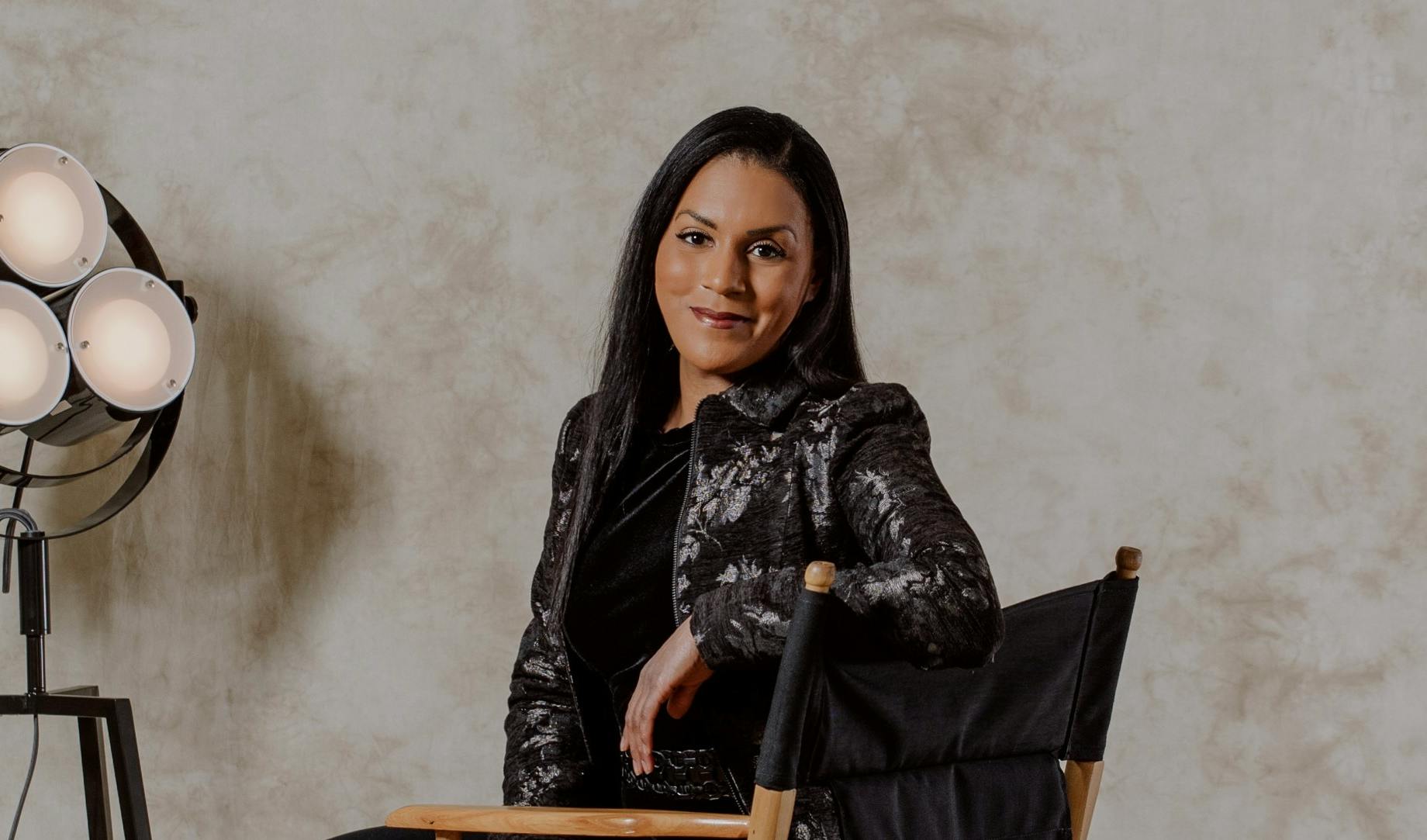
How to sit on a third-sector board | Dame Heather Rabbatts
Susan Boster talks with Dame Heather Rabbatts about board dynamics, representation and the power of asking "why?"...
Dame Heather Rabbatts is the Chair of Women’s Sport Group, Vero Communications, Time’s Up UK and Soho Theatre. She is also a Trustee of the INTO Film Board, Non-Executive Director of Met Film, and Strategic Advisor for Arts Alliance.
She has previously been Chair of Malaria No More and Shed Media, in addition to Chair of the Enterprise Committee at the Royal Opera House, Chair of the Crossrail Audit Committee and Chair of the UK Film Council Audit Committee. She has also previously served as a Trustee of the British Council and Football League Trust, having also occupied a range of leadership positions on the boards of the Football Association, Bank of England, Department of Education and Employment and the BBC.
Why did you choose to join the board of a cultural organisation?
I served on the Royal Opera House board for nearly ten years. I have known Soho Theatre personally for a considerable time, having attended shows and previously helped to develop new talent. Joining the board was a fantastic opportunity to take up a position at a theatre I love and coincided with the end of my time at the Royal Opera House.
The Royal Opera House and Soho Theatre are very different institutions and I was drawn to them for different reasons. The Royal Opera House has massive recognition and a very high status. With that come great opportunities around fundraising, but also challenges, as people assume it is a very wealthy institution.
On the other hand, Soho Theatre looks to run on a commercial basis, although it does have Arts Council funding. I wanted to be involved with a theatre with a real clarity of mission. It is a fantastic centre of excellence within comedy, although looking forward, we are looking to build up the theatre’s profile in terms of new writing.
What are the key differences between your experiences on corporate boards and third sector boards?
I will draw on my experience at Shed Media, a publicly listed group of media and distribution companies which was taken private; Millwall, a publicly quoted company; and Grosvenor GDI, the estate owned by the Duke of Westminster, a private company of huge national and international standing.
Increasingly, major private boards such as Grosvenor, while not publicly listed, look to adopt best practice in terms of governance and transparency. If you are recognised as a registered charity, there is a whole other set of rules and regulations that arise.
It is important when sitting on any of these boards to be very clear about what one’s rights and responsibilities are. There is a level of formality that applies if you are sitting on a publicly listed board, and the nature of the conversations tend to be dictated by this – there is less freedom of expression, lateralism and creativity.
Comparatively, at Soho Theatre, one can have much broader and wider ranging discussions, which consider budget, the need to develop new talent and what is happening within the theatre sector. By nature it is smaller, and the people around the table represent a range of disciplines, all within the creative sector. My sense is that, on the whole, you get a more dynamic conversation within the third sector than you do within a publicly quoted company, where board meetings tend to be much more formulaic.
Do your organisations approach board composition in a disciplined and structured way?
Each board goes through its own journey. On many of the boards I have sat on, I have been the only person of colour and the only woman – I became the first female Non-Executive Director on the board of the FA in 150 years and the first person of colour.
We know from various reports that we still do not have gender parity on most boards. Every board I have been on is recognising that this is a matter they need to attend to. This focus on diversity and inclusion has become a major topic of conversation in the last five or six years but we know that progress is patchy, and some sectors are more advanced than others in bringing about change.
Certainly within the theatre world, especially at Soho Theatre, there is more representation, although race is still an area where there is a significant amount of work that needs to be done. Since I left the FA, there are now three women on the board, so we are seeing progress, although it isn’t as fast as we would like it to be.
Are you finding that boards have sufficient governance in place to come to appropriate solutions to tackle the issues brought to light by #MeToo?
Companies across sectors are now alive and alert to the issue of harassment in the workplace. Reports show that harassment is an issue that is almost endemic across workplaces. I would say that in the wake of Time’s Up and #MeToo, there is now a conscious recognition that companies have to tackle this culture and need to have procedures in place in order to do so.
Harassment policies have been brought to a number of the boards I have sat on; this is not something you would have found prior to these movements. It is clearly incumbent on every company and every board to ensure that they have the means to support the individuals coming forward, and investigate and deal with these matters effectively.
In your experience, are sustainability concerns addressed on cultural boards in the same way as on private sector boards?
At Grosvenor there is a real focus on sustainability, and I think this is increasingly true of the other Crown Estates, but you will find that there is a range in terms of momentum around sustainability. It is fundamentally down to the leadership of companies and the commitment of boards in driving forward cultural change, whether that is ensuring that employees are working in safe, dignified and respected environments, or making progress within the sustainability agenda.
There are leaders of the pack across these areas and one hopes that by having companies that are making significant progress, they can help shine a light for the others to follow. You need the standout companies to be talking about what they are doing to encourage others. Part of any board’s responsibility is to share best practice and learn from colleagues across other boards, to see how we can all make progress on these difficult issues. Learning from each other will accelerate the momentum for change.
What experience do you have of chairing boards and what skills are required for this role?
I think I would say that becoming the chair of a main board when you are someone of my background who has been involved with different boards and hasn’t come up through a very particular and predictable path, you still have to persuade people that you are capable of chairing a board. I was always contacted to sit on boards rather than chair them, and I realised the only way to reach the next step was to meet people and persuade them why I felt I had the experience to undertake these roles.
The reason there are very few women and people of colour chairing boards is that there are still hurdles that we have to overcome. Being in the room and being considered is still an issue. We have made progress, but if you are a person of colour and especially a woman of colour, the step to the next level is still huge. When I am mentoring other women and people of colour, I always say that you have to go and talk to people, have the confidence in yourself to deal with rejection, and keep persevering.
In my opinion, the best boards are those that have really good, constructive debate between members, and not the ones where very few contribute in the course of a board meeting. I try to ensure that in any board I chair, I ask questions to those sitting quietly. For any chairperson, it is crucial to ensure that you have all of the skills, intelligence and experience of your colleagues brought to bear on any one subject, and that your colleagues are open to discussions.
This is so important when dealing with challenges that arise in our ever more complex and ambiguous world. It is paramount that boards have real strength and depth and have people around the table who can help navigate the complexities of the time we live in.
When dealing with challenging issues, do you address them inside or outside of board meetings?
If there are issues that are really challenging in terms of numbers or profits, there will be conversations both outside and inside the board meeting. When I see a difficult issue that I feel is not being as forcibly addressed on the board as I think it should be, I have always spoken to the chair or the Chief Executive ahead of raising it at a formal board meeting.
Making sure that you continue the conversation at board level is important. This is why it is vital to be a Non-Executive Director who not only supports, but challenges. It is so important to not be quiescent; seeing companies sadly head into crisis makes one wonder what was going on in those board meetings and whether issues were called out.
To me, one of the most important criteria for any Non-Executive Director is that you ensure nothing is swept under the carpet, whether you are there in the capacity of having responsibilities to shareholders, dealing with matters of reputation, or addressing the moral or ethical framework that companies operate in.
What is your advice to someone joining their first board in any sector?
Never be afraid to ask the simple question – “why?” It can be intimidating joining a board; there tends to be a language that most boards have and shorthand they use.
If you join a board, the very first thing you need to do if you don’t understand what is going on – which can be challenging if you are the only woman or person of colour in the room – is to ask “why?”
You have to be there to make a contribution; it is not about pleasing other people, but is about being respected, forming your own opinions, and making that contribution. That starts by understanding the issues at hand.
What is your advice to cultural leaders at this challenging time of social distancing and venue closures?
We live through unprecedented times, and the pandemic is posing an existential crisis for many sectors. Within the cultural sector, over 80% of theatres are facing potential bankruptcy.
Leaders of companies, charities, arts institutions and NGOs are all required to step up to the challenge; to reinvent, flex our thinking, learn and relearn as the dynamics change around us. We must face uncertainty with courage.
Many of our fellow citizens are faced by no work, and prospects are few for the near future. Each of us has a responsibility to do all we can in our endeavours to find ways of supporting others.
Susan Boster is the founder and CEO of Boster Group Ltd. an independent marketing consultancy that creates innovative brand partnerships for global corporations and cultural institutions to achieve business and social impact goals. Current and recent clients include BNP Paribas, Montblanc, Insight Investment, Moët Hennessy, AMEX, Gap Inc., Credit Suisse, Bacardi, EY and Disney.
Boster Group shapes partnerships on the basis of shared values, untapped assets and complementary capabilities. Distinctly, Boster Group measures return on investment for its clients and is focused on the impact of the creative campaigns it develops. Previously a CMO for News International, Susan is currently on the boards of English National Ballet, Donmar Warehouse, The Representation Project, and serves on the Enterprise Committee at The Design Museum.
Nurole is the global platform changing the way organisations bring the best people on to their boards. Find out how it works for talented people looking for the best board level positions, and for organisations looking to hire the best board level talent.





